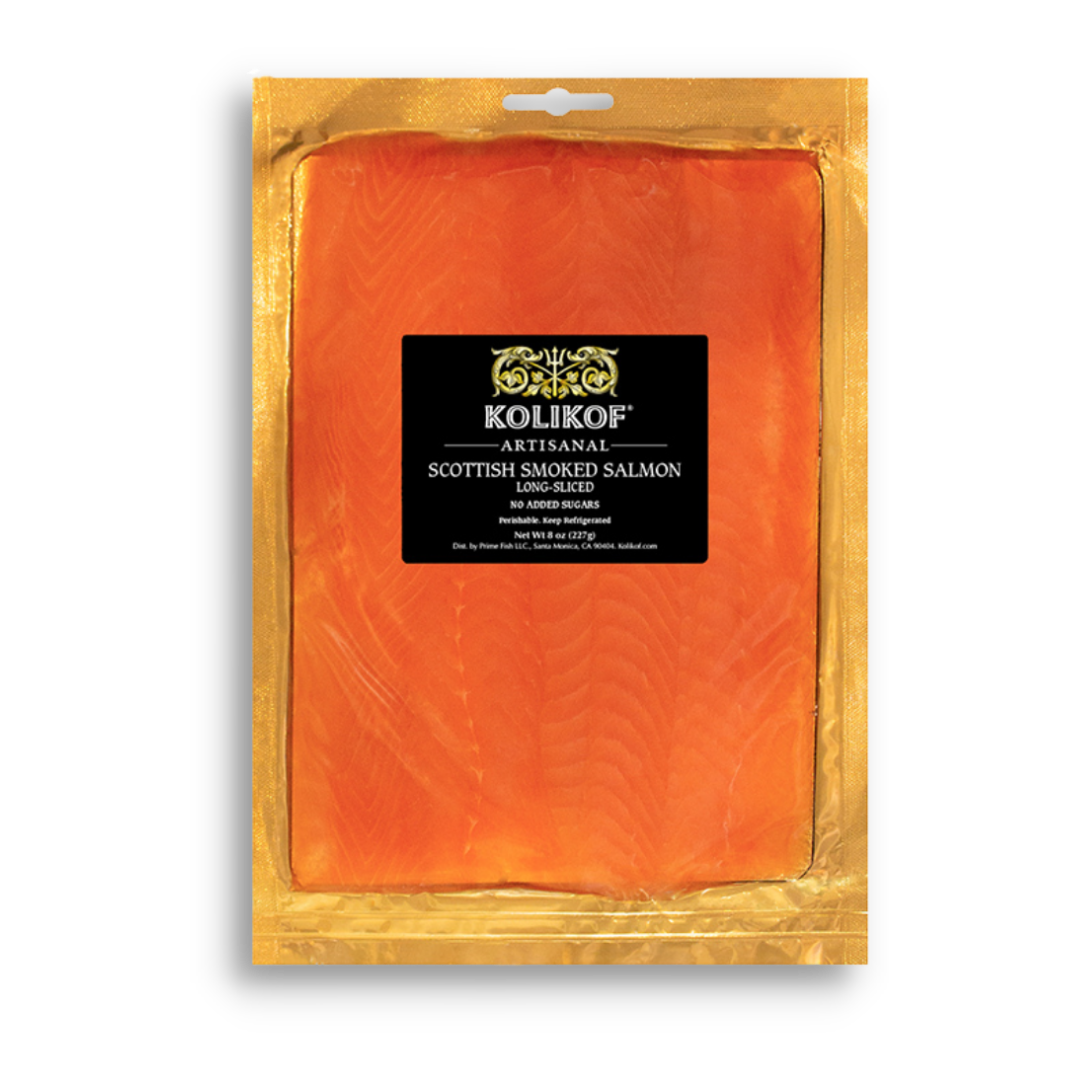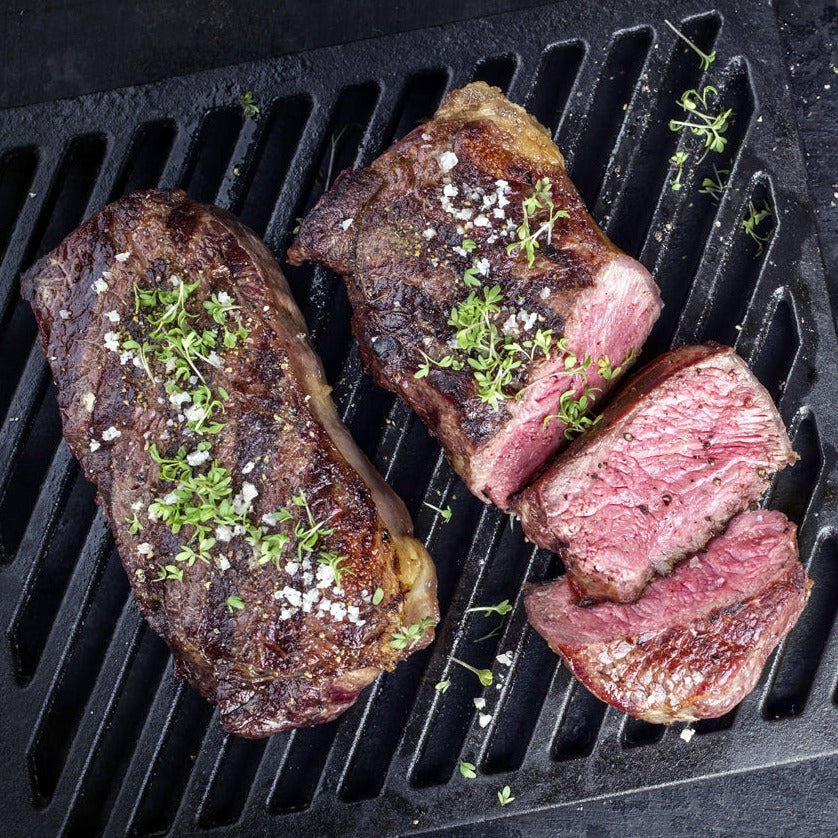Is eating lean meat healthy?
Lean meat, which is meat with low fat content, has been touted as a healthy protein source for many years. However, some people question whether eating lean meat is truly healthy. Let's explore the potential benefits and drawbacks of consuming lean meat.
One of the primary benefits of consuming lean meat is that it is an excellent source of protein, which is essential for building and repairing tissues in the body. Protein is also important for maintaining muscle mass, which can help prevent age-related muscle loss and improve physical performance. Additionally, lean meat is a good source of important nutrients such as iron, zinc, and vitamin B12.
Another benefit of consuming lean meat is that it is relatively low in calories compared to fatty meats. This can be helpful for individuals who are trying to maintain or lose weight. Additionally, studies have shown that high-protein diets, which often include lean meats, can help reduce appetite and increase feelings of fullness.
While there are many potential benefits to consuming lean meat, it's important to note that there are also some drawbacks. One potential issue is that lean meat can be tough and dry, making it less flavorful and enjoyable to eat. Additionally, some people may have ethical concerns about consuming animal products, or they may choose to avoid meat for religious or cultural reasons.
Another potential issue with consuming lean meat is the risk of consuming harmful substances such as antibiotics, hormones, and pesticides. These substances can be present in conventionally raised meat, which can be harmful to human health. However, choosing lean meat from grass-fed or pasture-raised animals can help reduce the risk of exposure to these harmful substances.
Overall, consuming lean meat can be a healthy addition to your diet when consumed in moderation and from high-quality sources. It is an excellent source of protein and important nutrients, and it can help reduce the risk of weight gain and improve feelings of fullness. However, it's important to choose lean meat from high-quality sources and to be mindful of portion sizes.
If you're looking for ways to incorporate lean meat into your diet, there are many options. Skinless chicken breast, turkey breast, and lean cuts of beef such as sirloin and round steak are all excellent choices. Additionally, lean meats can be added to salads, stir-fries, and soups for added protein and nutrition.
In conclusion, consuming lean meat can be a healthy addition to your diet when consumed in moderation and from high-quality sources. It is an excellent source of protein and important nutrients, and it can help reduce the risk of weight gain and improve feelings of fullness. However, it's important to be mindful of portion sizes and to choose lean meat from grass-fed or pasture-raised animals to reduce the risk of exposure to harmful substances. Overall, lean meat can be a delicious and nutritious addition to your diet.









